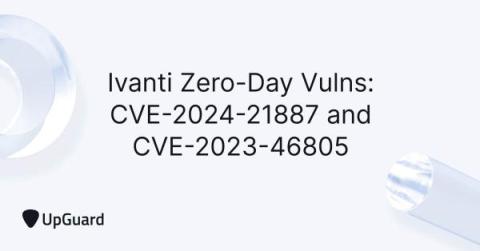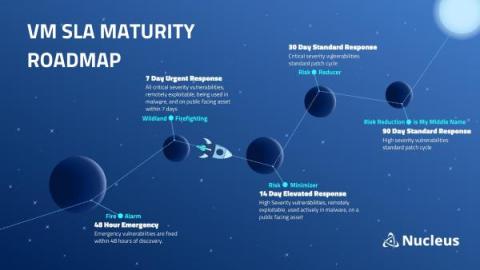Security | Threat Detection | Cyberattacks | DevSecOps | Compliance
Latest News
Critical Apache OFBiz Zero-day AuthBiz (CVE-2023-49070 and CVE-2023-51467)
CVE-2024-21887 and CVE-2023-46805: Actively Exploited Vulnerabilities in Ivanti Secure Products Chained Together to Achieve Unauthenticated RCE
CVE-2024-20272: Critical Unauthenticated Arbitrary File Upload Vulnerability in Cisco Unity Connection
Snyk welcomes Helios, accelerating our ASPM vision with runtime insights
As applications and their software supply chains become more complex, designing an AppSec program that is agile enough to keep pace, while still providing a clear, enterprise-wide view of risk requires a deep understanding of applications — depth that covers every line of code and package from development all the way to their live, running state.
Two Zero-Day Vulnerabilities Impacting Ivanti Connect Secure and Policy Secure Gateways
Note: These vulnerabilities remain under active exploitation, and Kroll experts are investigating. If further details are uncovered by our team, updates will be made to the Kroll Cyber Risk blog. Two zero-day vulnerabilities have been discovered in Ivanti Connect Secure (ICS), formerly known as Pulse Connect Secure and Ivanti Policy Secure gateways.
Critical flaw found in WordPress plugin used on over 300,000 websites
Connect Secure No More: Ivanti's Zero-Day Vulnerabilities (CVE-2024-21887 and CVE-2023-46805)
Threat Intelligence Research
As part of our effort to make the world safer, SecurityScorecard has been tracking threat actor groups conducting cyberattacks on behalf of nation states.











